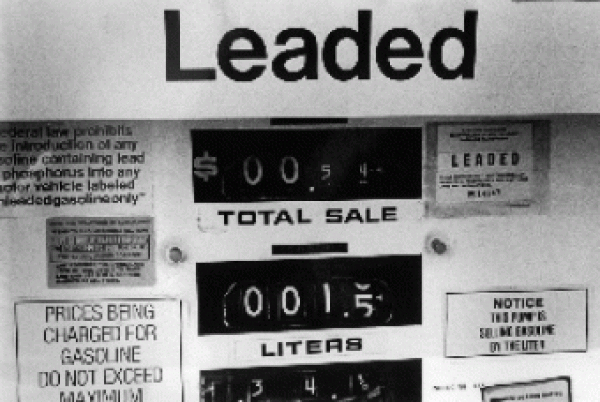And the best for a corporation to please the shareholders is to please the customers! If the customers are not pleased, how can shareholders be pleased with that? You think a loss of revenue will please the shareholders? You did not think that through too well did you!
Again, you are being naive. To be sure, you need customers to generate revenue, but do you need to actually
please them? There are many ways to control customers: advertising, adjusting expectations (usually downward), monopolistic practices, contractual limitations, forced arbitration, artificial legal barriers etc etc. And
all of these are used by modern corporations to manipulate and control customer expectation and demand. Sure, occasionally someone comes along to upset things, but only after a huge battle with the entrenched position. Tesla is in fact one of these disruptive companies at the moment.
There is also the consideration of long-term vs short-term shareholder return. Many executive compensation packages today are closely linked to short-term gains or financial goals, often with massive bonuses connected to these. This inevitably leads to decisions that postpone bad news or poor financial performance beyond the horizon of when these packages vest/yield for the individual executives concerned.
The fact is, corporations act to maximize profits, and they do this
in any way they can get away with. One way is to please customers, but there are many others, and many of these can be
far more effective (profitable) than making something better or cheaper. So we get big oil (and its executives) with a massive vested interest in denying climate change, and (even more important), denying that fossil fuels are responsible. Or didn't you think that through?




